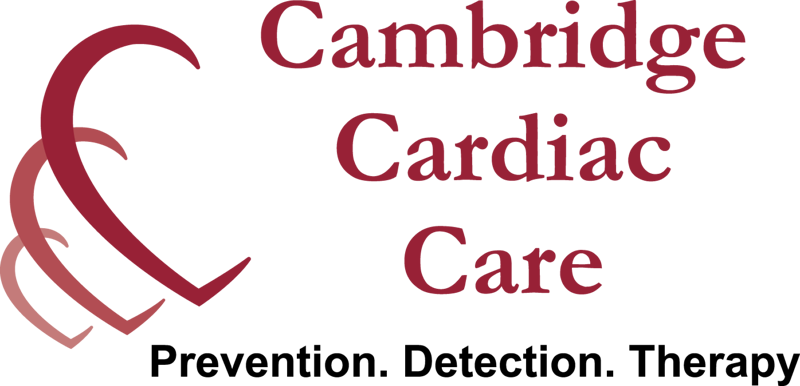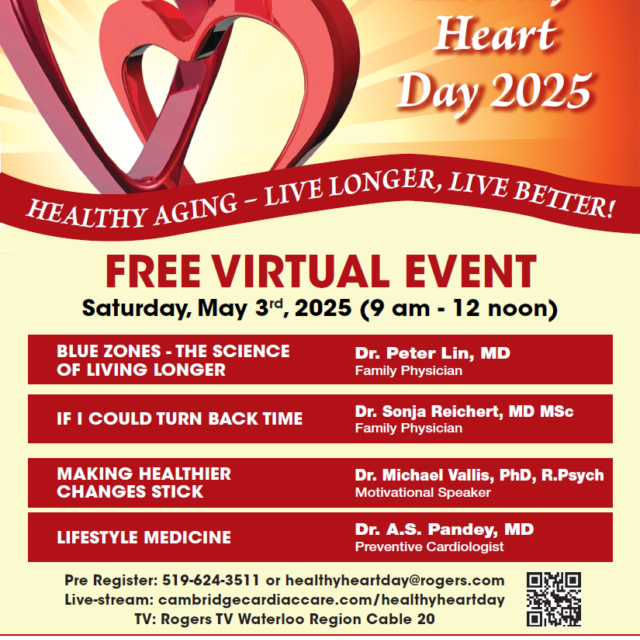Enhanced cardiac imaging with no down side or down time!
What is an echocardiogram?
An echocardiogram is a type of ultrasound or sonogram in which sound waves are used to create a moving image of your heart. This completely harmless, non-invasive diagnostic tool provides vital information about the shape, size, texture, movement and functioning of the heart’s chambers, valves, walls and blood vessels. It also helps in assessing blood-flow through various heart structures and identifying weakened, damaged or infected heart muscle where blood supply has become restricted.
We are fortunate at Cambridge Cardiac Care, to have the advanced technology of microbubble UEA echocardiography in which an IV solution containing tiny, bio-compatible micro-bubbles of ultrasound enhancing agent is administered to the patient. This allows us to see remarkably clear images for more accurate results and diagnosis. Unlike agents used for other types of medical imaging, microbubble UEA echo does not contain any dyes and does not utilize ionizing radiation. Unprecedented image quality is produced non-invasively and with absolutely no side effects.


 1.jpg)




